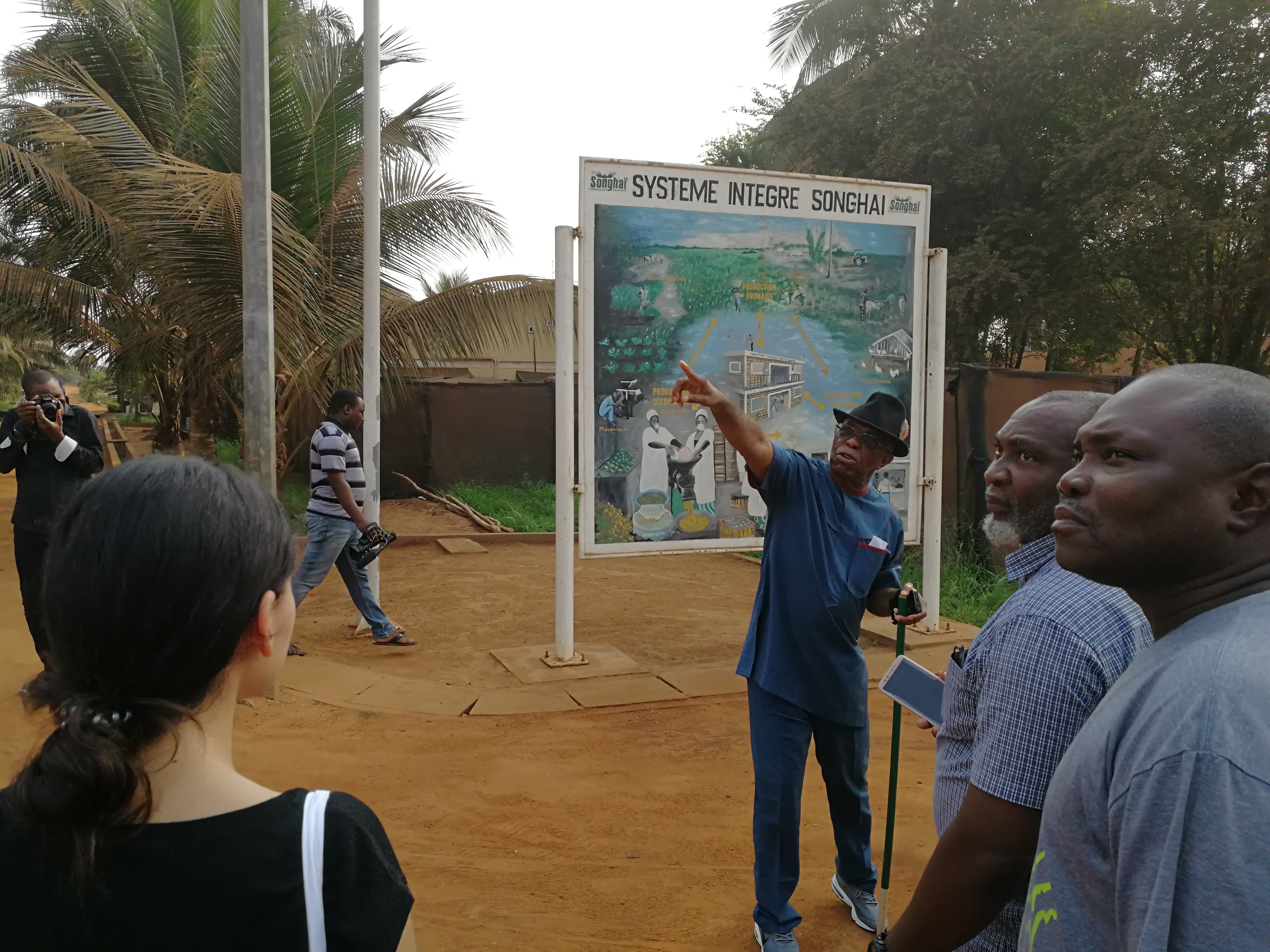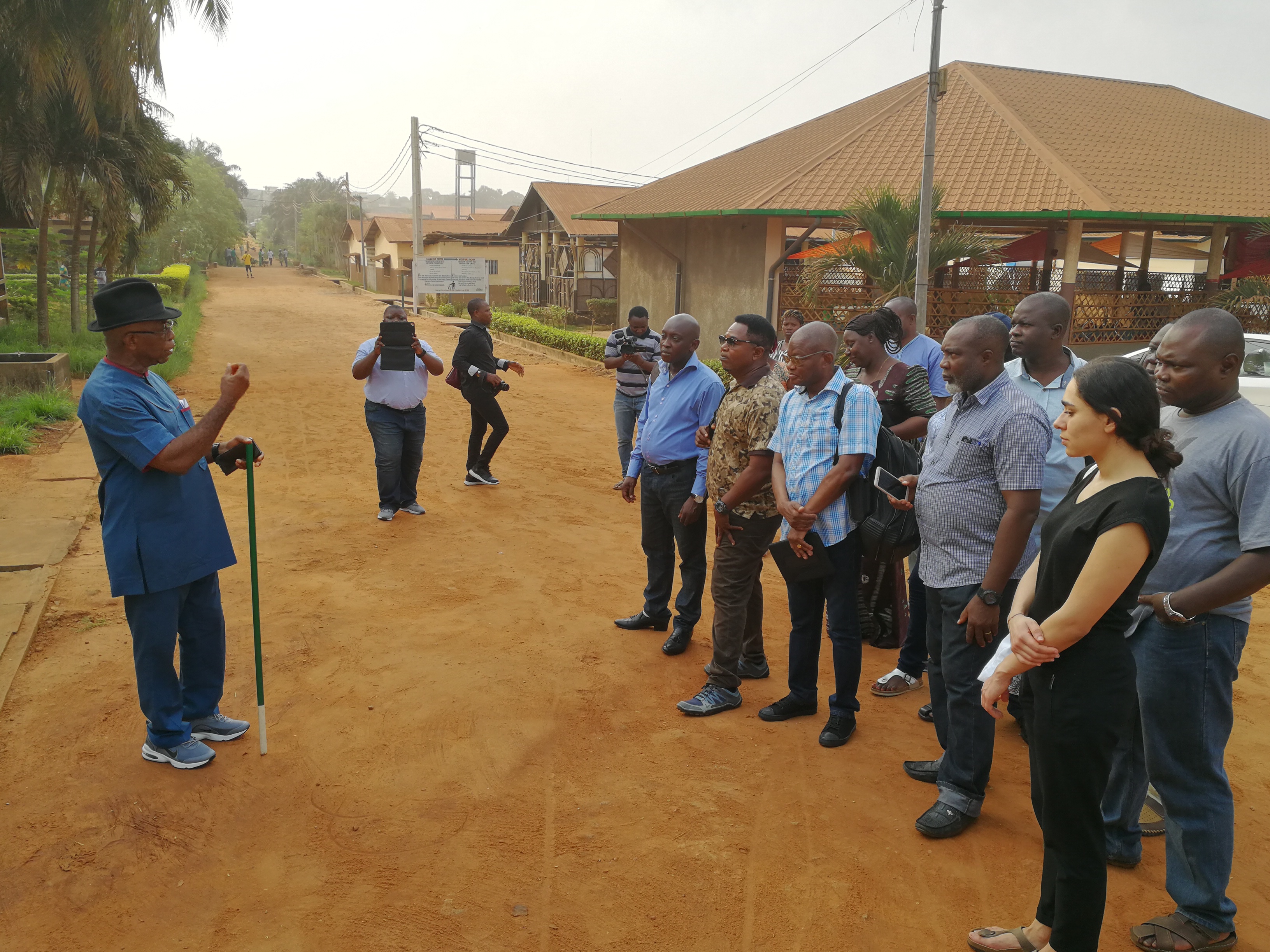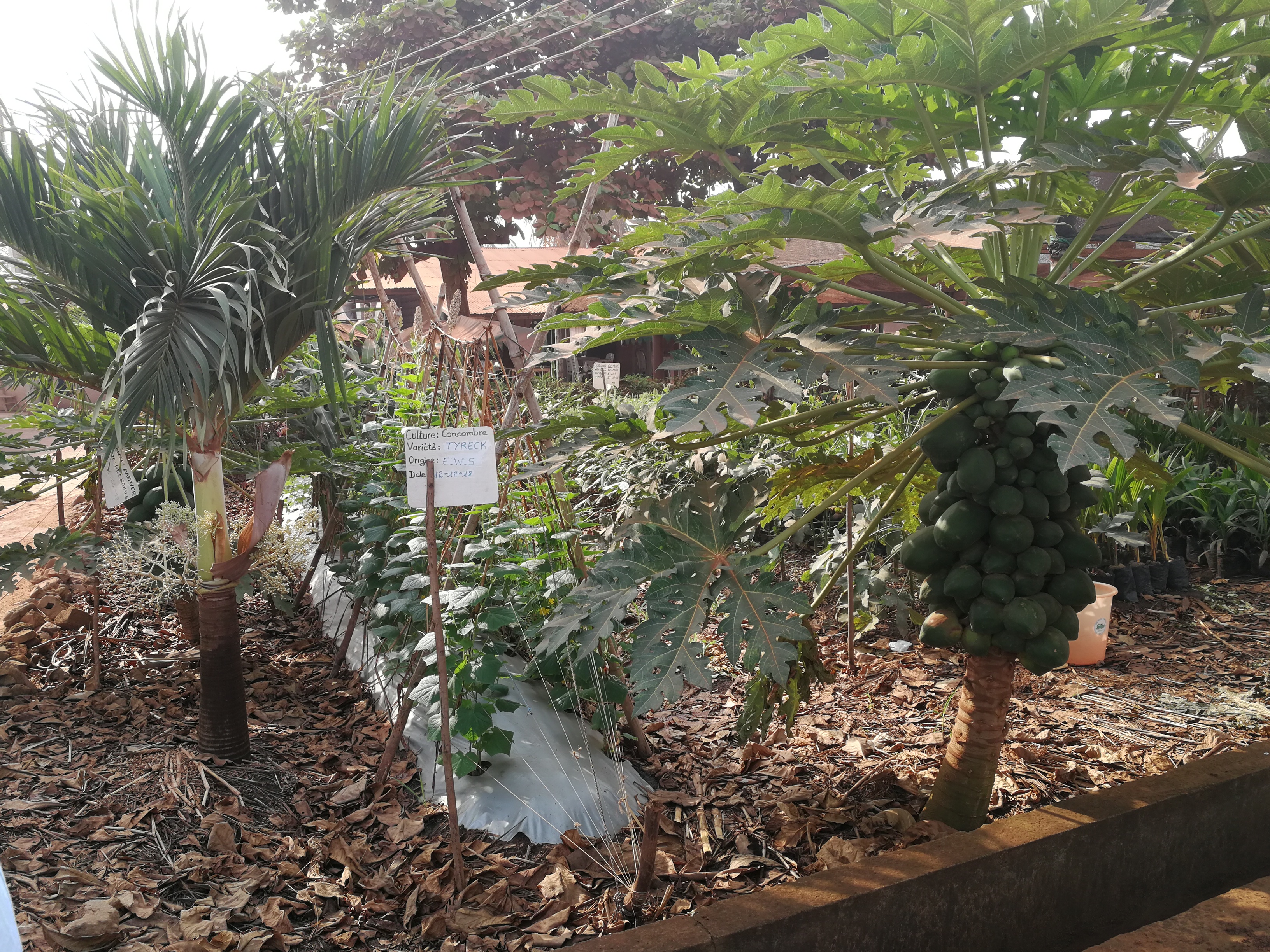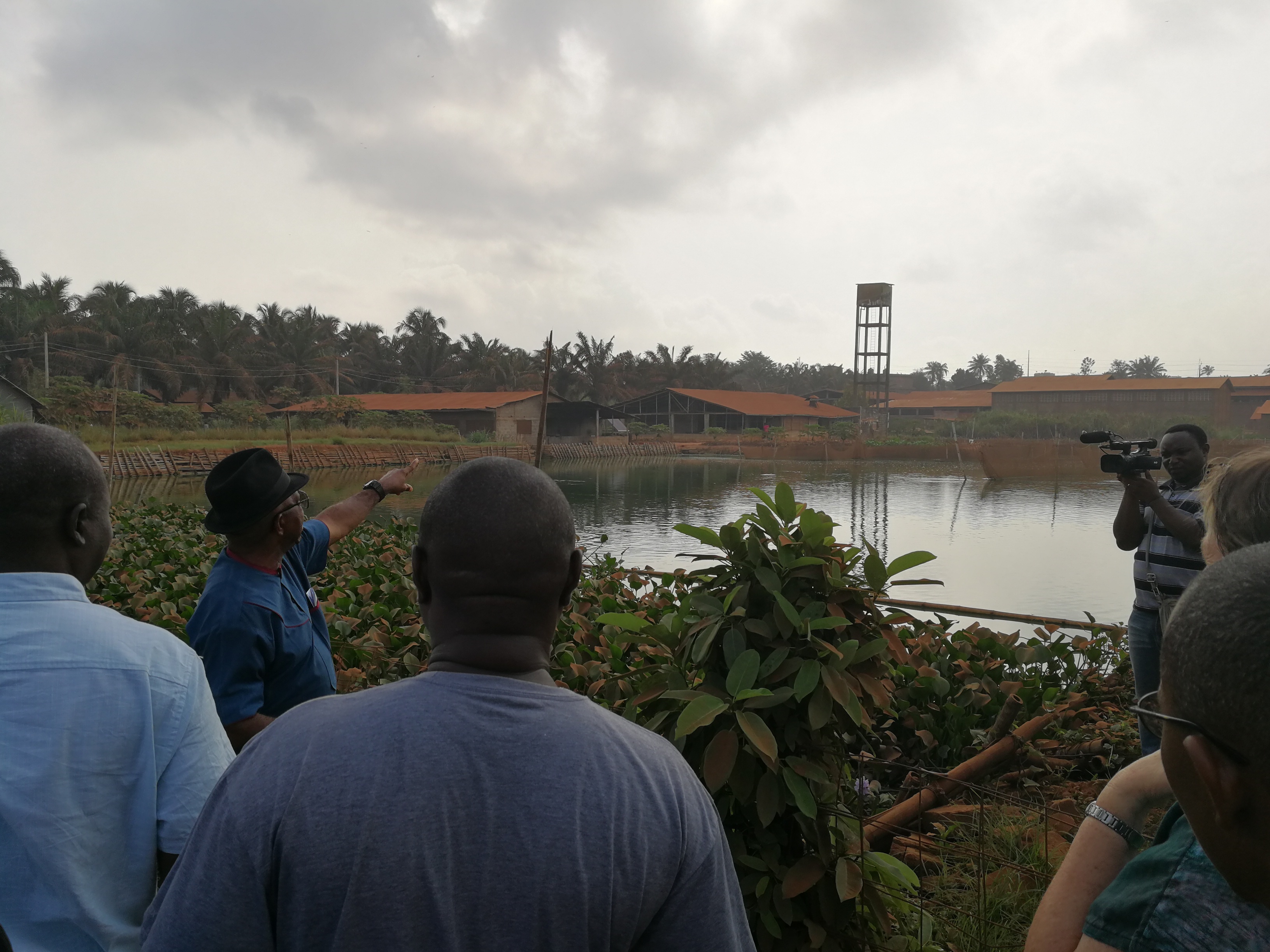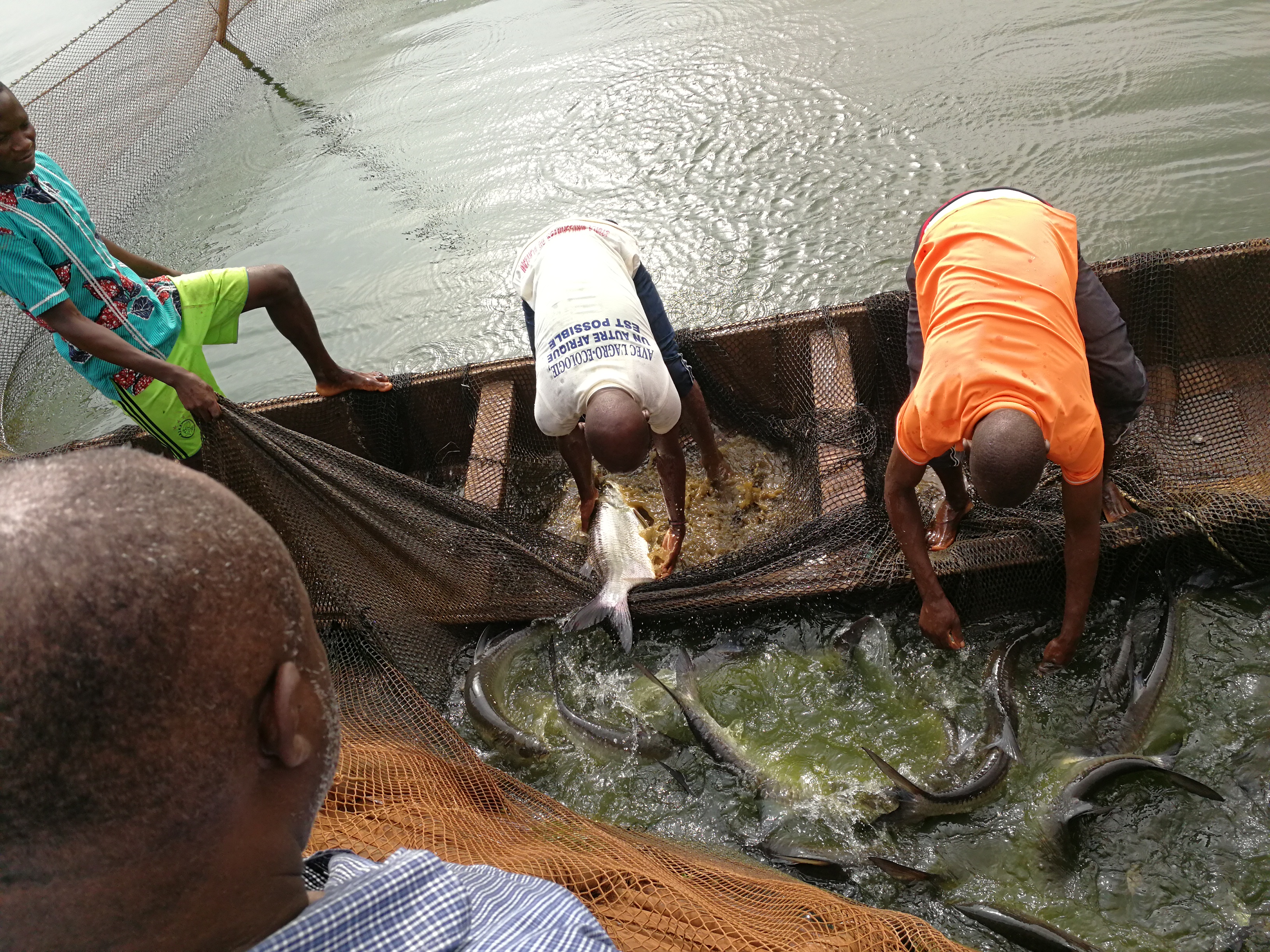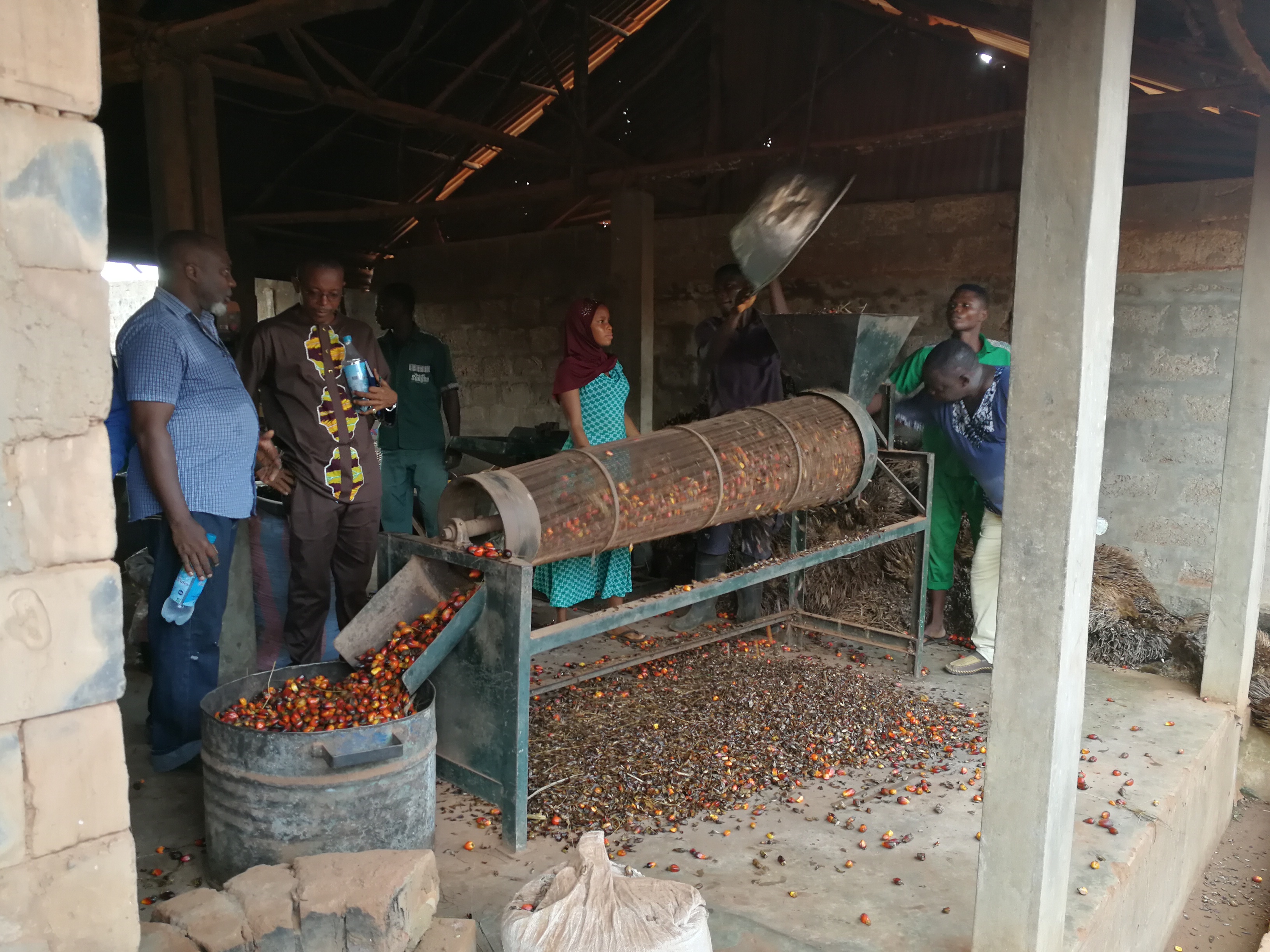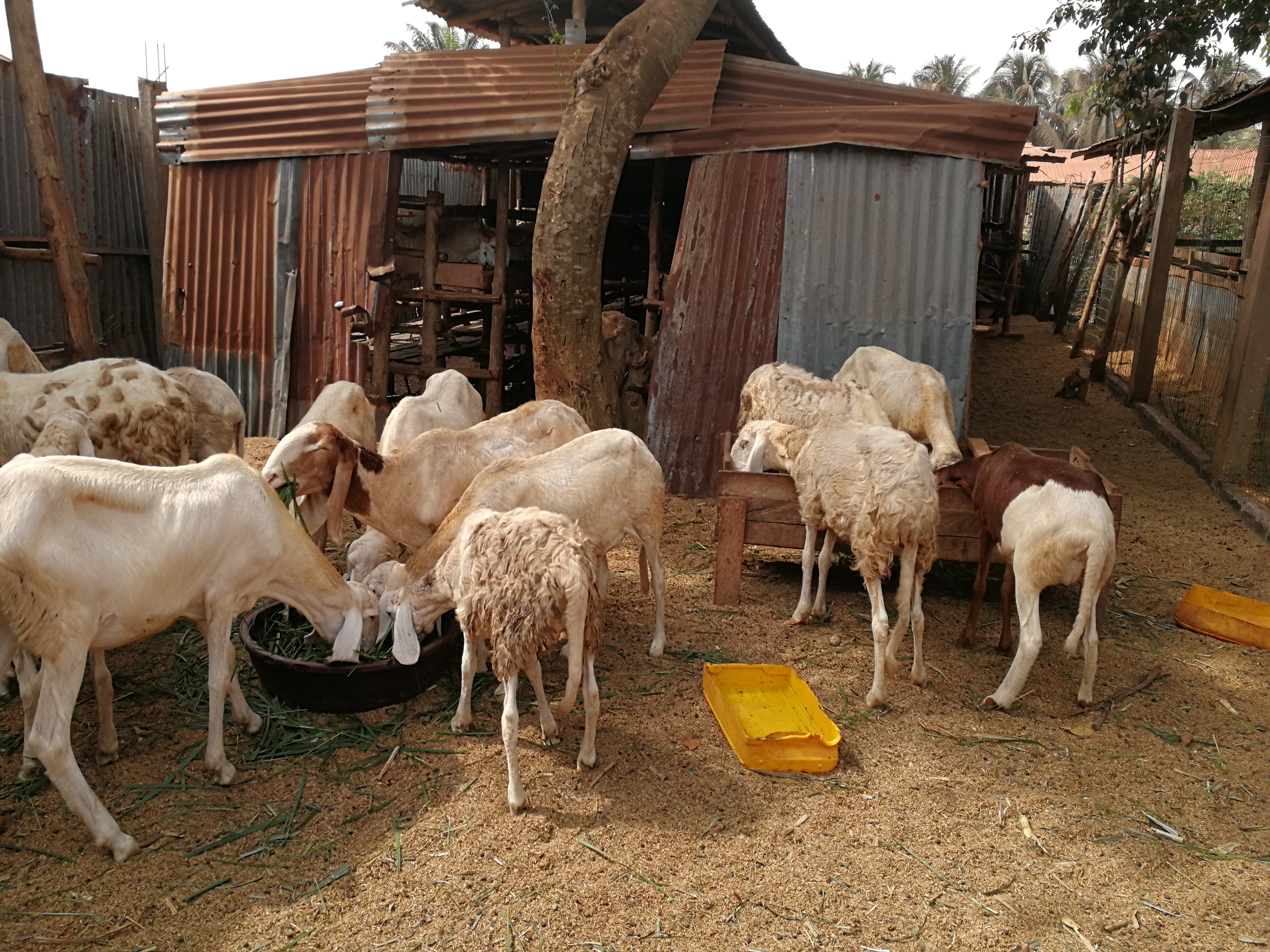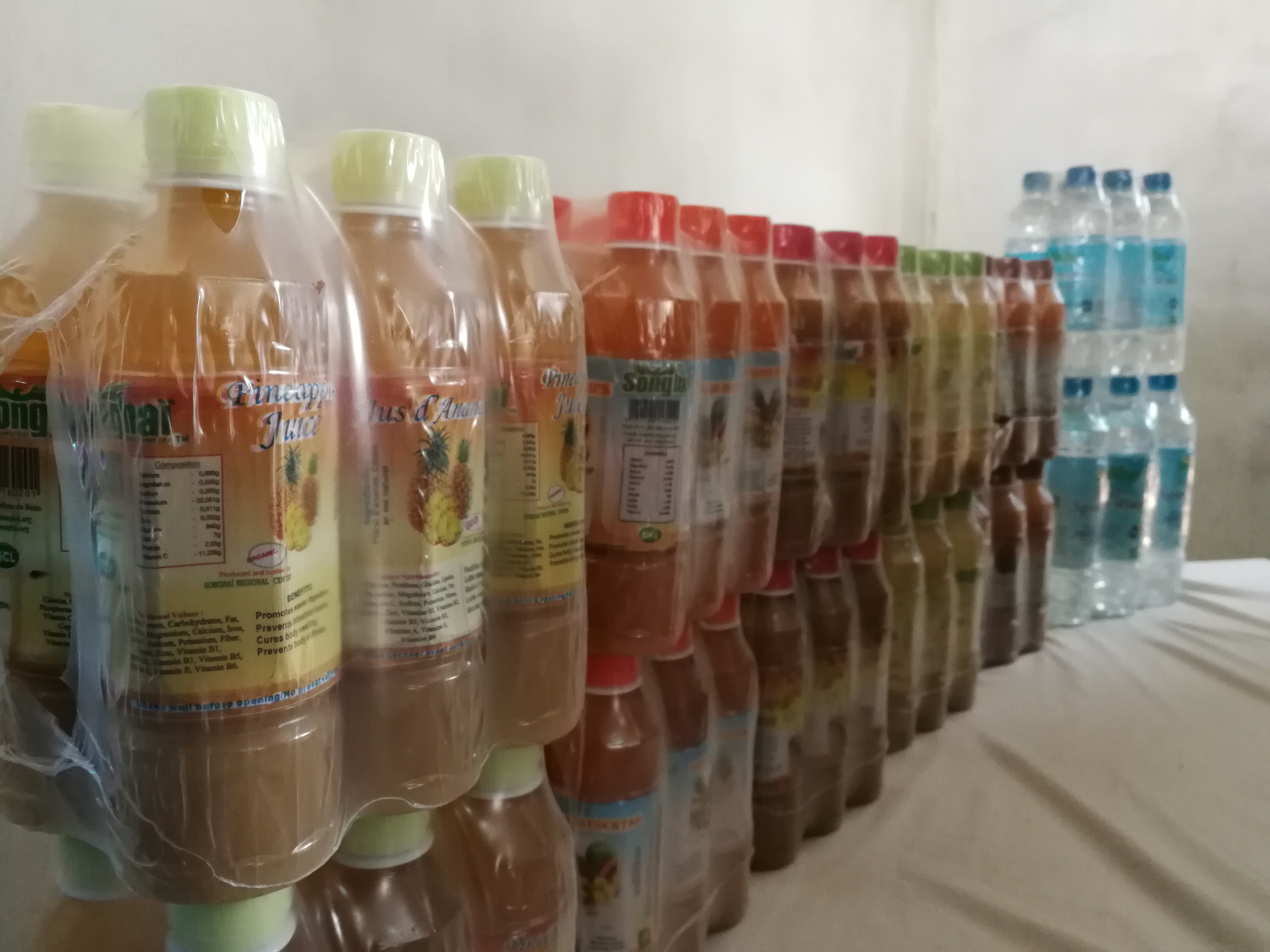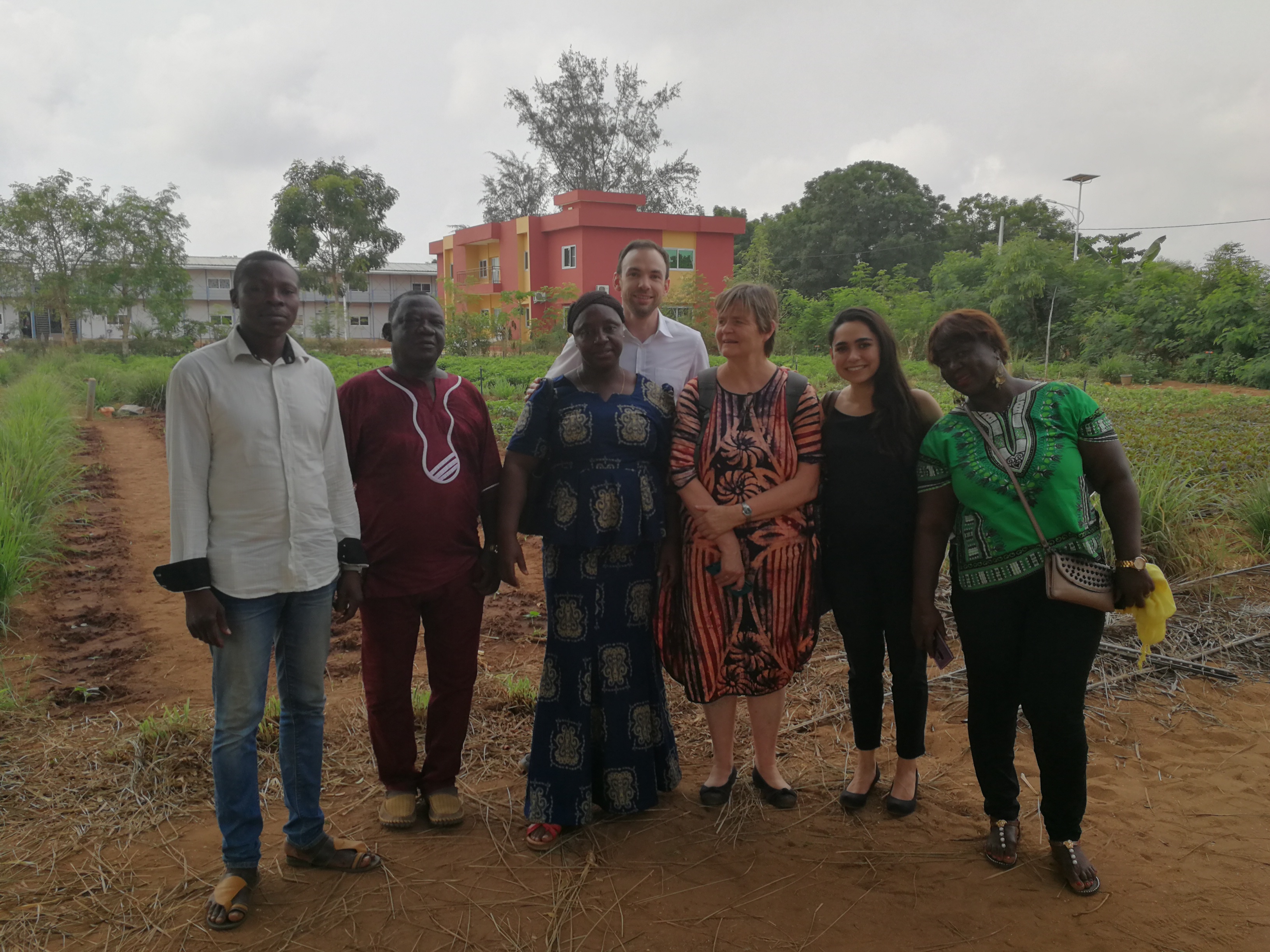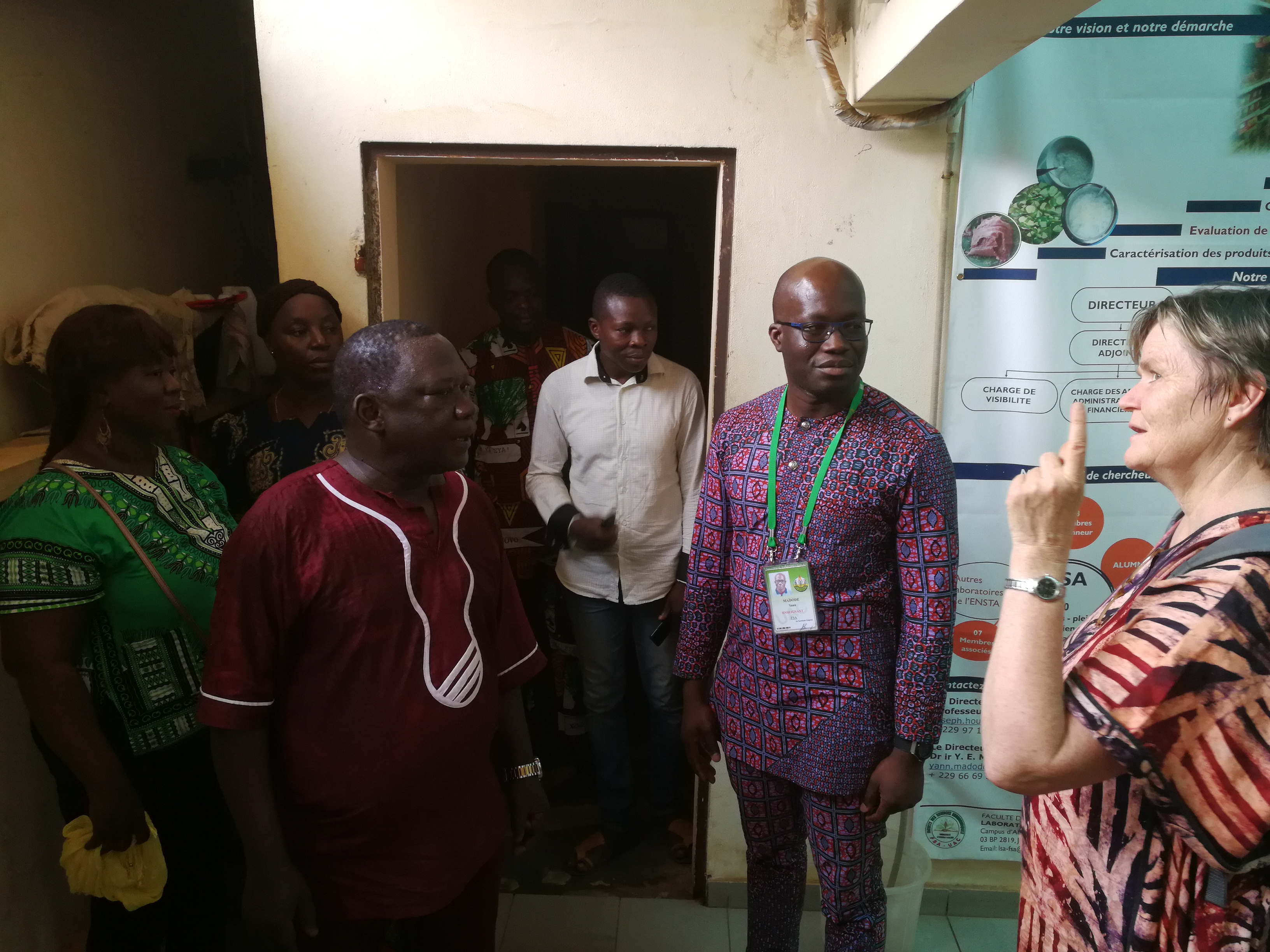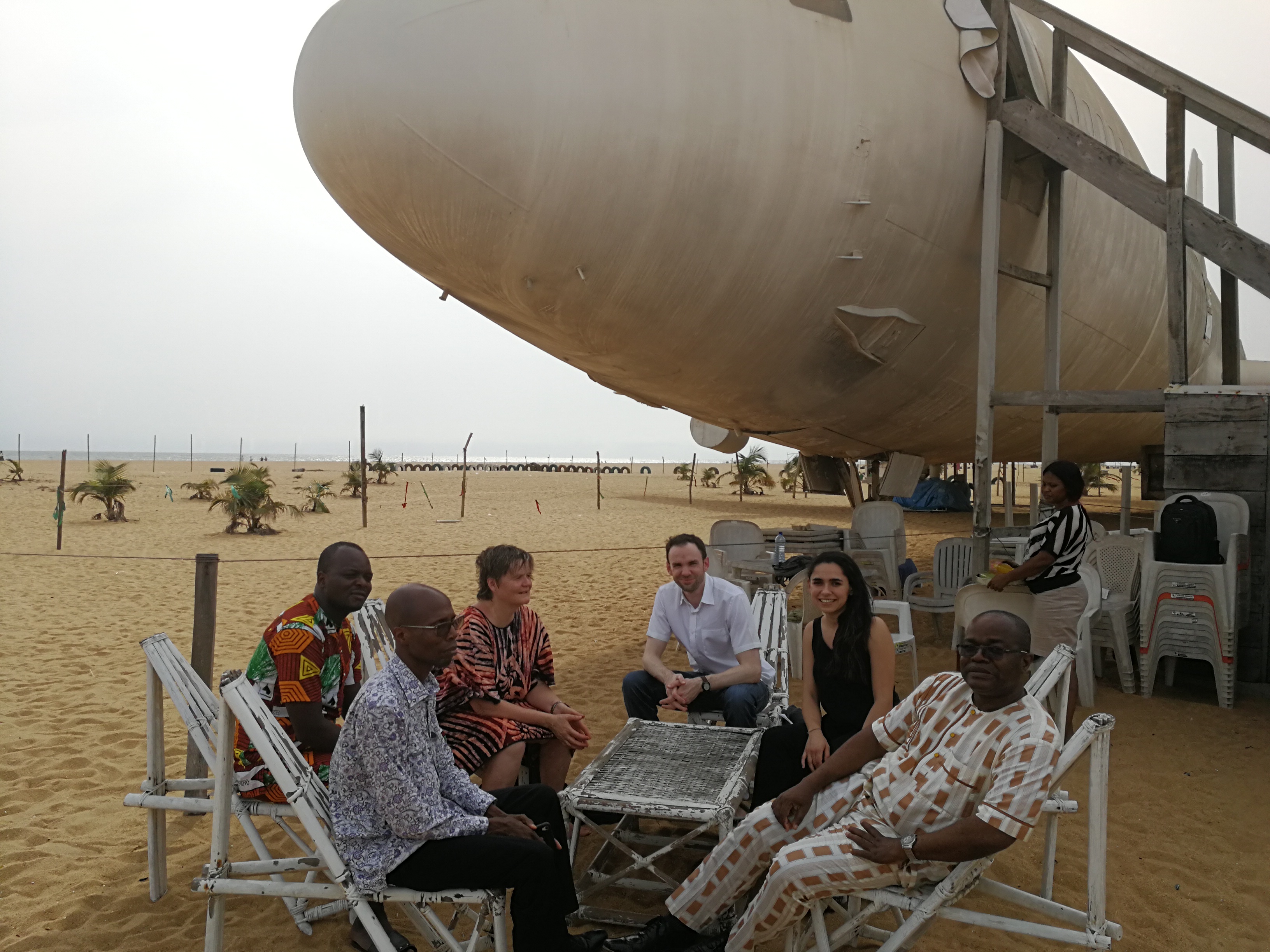NutritionSec: Promotion of the Songhai approach in Sierra Leone
FSC supports Njala Vision 2025 by organizing a multi-stakeholder meeting and visit to the Songhai Regional Centre
12-20 January 2019, Republic of Benin
The Vice-Chancellor and Principal of Njala University, Professor Abdullah Mansaray and a team of 24 experts from the University and the Ministry of Technical and Higher Education, Republic of Sierra Leone and international partners made a successful visit to the Songhai Centre, Republic of Benin, from 12th to 20th January 2019. The Sierra Leone delegation comprising Ministry representatives and Njala University leadership: Dr. Turad Senesie (Deputy Minister of Technical and Higher Education), Prof. Abdullah Mansaray (Vice-Chancellor and Principal, NU), Mr. Moinina Korpoi (MTHE), Dr. Joseph Sherman-Kamara (Acting Deputy Vice-Chancellor, Njala Campus), Dr. Abdul Rahman Sesay (Dean, School of Agriculture) and a number of Directors, Heads of Department and Lecturers from Njala University; counterparts from the Food Security Centre (FSC) of the University of Hohenheim, Germany, University of Illinois at Urbana Champagne (UIUC), USA and Sasakawa Africa Fund for Extension Education (SAFE) joined the delegation and actively contributed to discussions and development of the initiative. The delegates were hosted by Rev. Fr. Godfrey Nzamujo, the Founder and Director of the Songhai Regional Centre and the member of the U.N. Independent Commission on “Africa and the Challenges for the Third Millennium”.
The primary goal of Njala University’s visit to the Songhai Regional Centre was to facilitate in-depth understanding of the intellectual underpinnings of the Songhai Centre model for rapid adoption as production, training, research and agribusiness extension space for the University.
The specific objectives of the Njala-Songhai Initiative are:
- To evaluate the existing Songhai model, integrate it and design a layout of the “Mother Farm- Green Rural City”. This will include assess the site, evaluate the environmental capital, define the master plan and the organisational structure
- Building a core human resource base that is equipped with the capacity to appropriate, run and sustain this new initiative.
- Setting up of an integrated Agro ecological incubation center that will be sustainable (economically, socially and environmentally within two years.
During the visit, the team benefited from an extensive study tour of the Songhai Centre facilities, including high-level technical discussions and developed the initial proposal for the establishment of the Njala-Songhai Initiative, which will serve as a Centre of Excellence in agribusiness education and youth entrepreneurship in Njala University.
Background
The Songhai Centre Model embodies various mechanisms through which a paradigm shift from input-intensive conventional agriculture towards agro-ecological production systems, which has been increasingly recognized in international assessments, including by UNCTAD, the FAO- and World Bank-led IAASTD process, and the UN Special Rapporteur on the right to food, can be achieved in resource poor communities on a sustainable basis. The Songhai regional centre is taking a leadership role in this drive as it strives to develop the basis for diversified African agro-ecological systems to deliver strong and stable yields, environmental resilience and secure farming livelihoods – thereby succeeding where current systems are failing. The Songhai integrated agriculture model, which empowers youth, women and communities to sustainably harness natural resources for their livelihoods while at same time building their entrepreneurship capacity and expanding employment opportunities.
